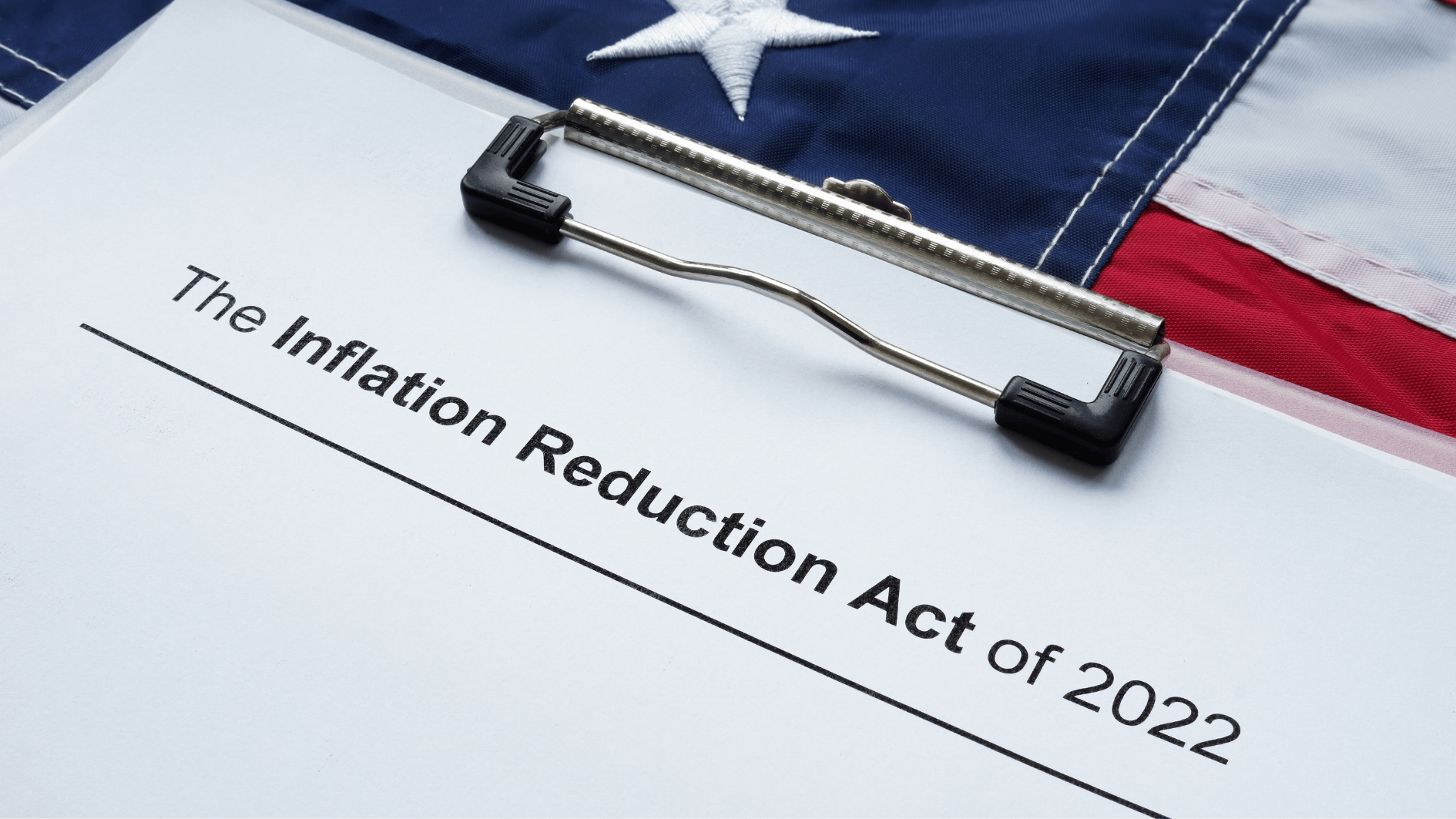Image source: Canva.com
The Clean Communities Investment Accelerator (CCIA) is a $6 billion federal initiative that aims to empower low-income and disadvantaged communities with clean energy financing and resources. Established as part of the Greenhouse Gas Reduction Fund (GGRF) under the Inflation Reduction Act of 2022, the CCIA focuses on enhancing the capacity of community lenders to fund and deploy clean energy projects where they are needed the most. With 100% of its capital dedicated to these communities, the CCIA is set to play a key role in ensuring an equitable clean energy transition.

Inflation Reduction Act: Key Solar Energy and Energy Storage Provisions
The Purpose and Approach of the CCIA
The CCIA works by establishing hubs to provide financial support and technical assistance to community lenders—particularly those in low-income and disadvantaged communities. These hubs are created and managed by five primary grant recipients, each selected for their expertise and established networks in community lending and clean energy finance. The aim is to build a scalable infrastructure of community lenders that can continue financing clean energy projects long after the initial CCIA funding is utilized.
Key Functions of the CCIA Hubs
The CCIA hubs operate on three primary levels:
Capitalization funding
Grant recipients provide funding, typically up to $10 million, to individual community lenders. This capital enables lenders to offer affordable financing for eligible clean energy projects.
Technical assistance subawards
In addition to direct funding, the CCIA provides subawards of up to $1 million to help community lenders build internal expertise and capacity in clean energy finance.
Technical assistance services
Grant recipients offer ongoing technical support to community lenders, helping them identify and manage projects, understand regulations, and navigate financial structures.
CCIA’s Grant Recipients and Their Roles
The five organizations selected as grant recipients play a pivotal role in deploying the CCIA’s funds:

Opportunity Finance Network (OFN) – $2.29 billion
OFN is a leading nonprofit that supports a national network of over 400 community lenders, most of which are certified Community Development Financial Institutions (CDFIs). With the CCIA funding, OFN aims to provide capital and technical assistance to these lenders, focusing on projects that reduce greenhouse gas emissions in low-income communities. OFN’s Climate Lending Investment Mobilization Assessment Tool helps target funds to areas with the highest need and potential impact.
Inclusiv – $1.87 billion
Inclusiv is a nonprofit CDFI intermediary specializing in empowering credit unions. With the CCIA funding, Inclusiv will enable credit unions to expand green loan products, including financing for residential solar, energy-efficient appliances, and zero-emission vehicles. Their approach emphasizes building equitable access to climate finance across all U.S. territories.
Justice Climate Fund (JCF) – $940 million
JCF is a purpose-built nonprofit focused on empowering community lenders with the capital and technical knowledge necessary for a just energy transition. JCF will work closely with CDFI banks and loan funds to deploy clean energy projects, while its Community-Based Green Lender Certification Program ensures that all community lenders are properly trained and equipped.
Appalachian Community Capital (ACC) – $500 million
ACC is establishing the Green Bank for Rural America, a groundbreaking initiative focused on rural communities, particularly in Appalachia. With CCIA funding, ACC will leverage private capital to finance thousands of clean energy projects, including solar installations, energy-efficient buildings, and microgrids. ACC’s strategy aims to revitalize rural economies while cutting pollution.
Native CDFI Network (NCN) – $400 million
NCN serves Native communities through a network of 63 CDFIs, addressing capital access challenges in both rural and urban Native areas. With its CCIA funding, NCN will provide financing for distributed energy generation, net-zero buildings, and zero-emission transportation projects. The initiative aims to strengthen Native economies through sustainable development.
Expanding Community Lenders’ Role in Climate Action
By building capacity and providing financial support to community lenders, the CCIA creates a sustainable financing model that ensures low-income and disadvantaged communities have access to clean energy solutions. The impact goes beyond immediate emissions reductions; it also involves creating long-term job opportunities, lowering energy costs, and enhancing community resilience against climate change.
The CCIA’s structure recognizes that financing is often a critical barrier for under-resourced communities to access clean energy technologies. By targeting funds to community lenders, the program ensures that local knowledge and expertise are at the forefront of decision-making, leading to projects that are more tailored and responsive to the needs of each community.

The Clean Communities Investment Accelerator is a key part of the U.S. strategy to achieve equitable climate action. By leveraging the experience and networks of grant recipients, the CCIA provides much-needed funding and capacity-building support to community lenders, ultimately enabling them to finance clean energy projects in low-income and disadvantaged areas.
Through this approach, the CCIA helps pave the way for a just and inclusive energy transition, promoting sustainable development, reducing pollution, and empowering communities to participate fully in the clean energy economy.





